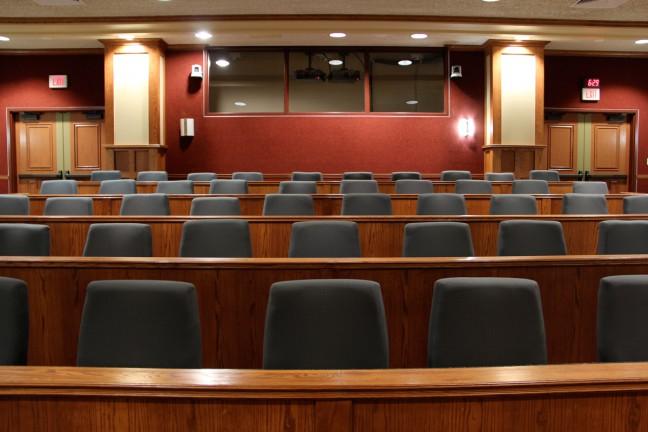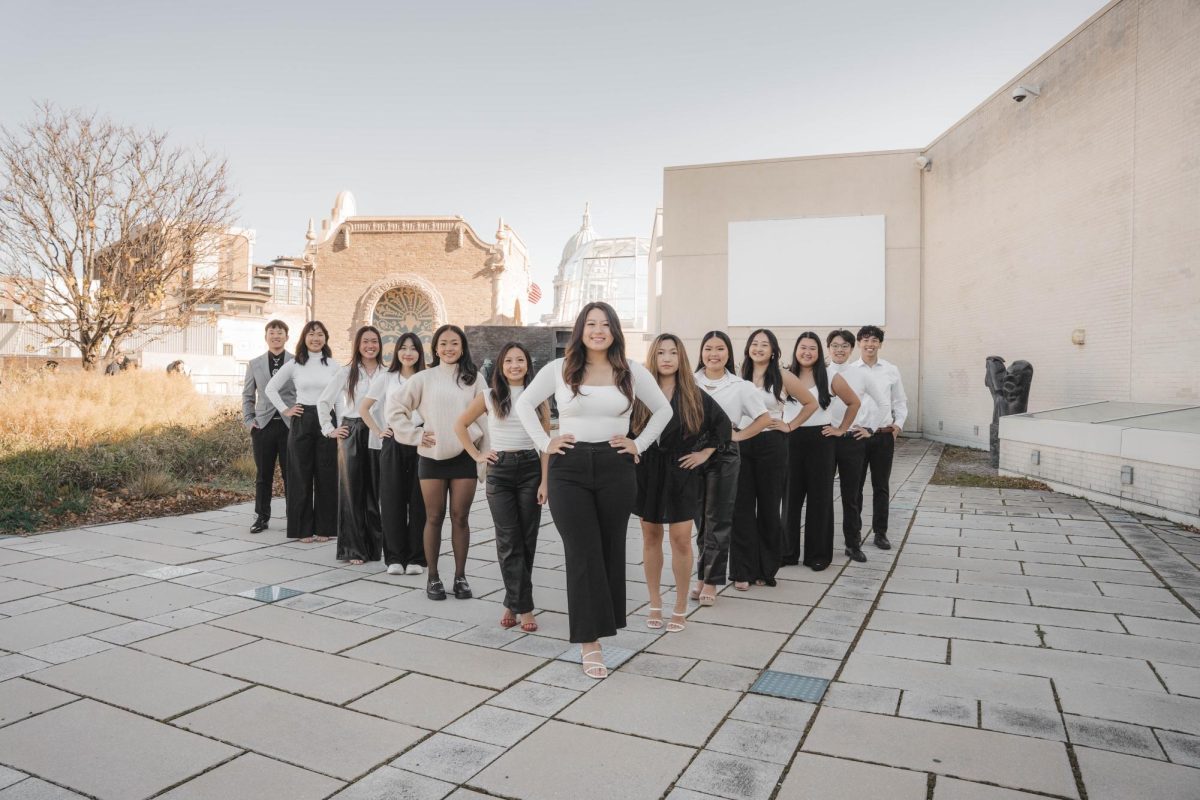Each year, more than 100 students at University of Wisconsin are caught and reported for academic misconduct. While this number may seem small, an even larger percentage of student academic misconduct remains unreported and unaddressed.
Cheating at UW
According to the Dean of Students Academic Integrity report, in 2014-15, a total of 148 students in 151 cases of academic misconduct were reported to the Dean of Students Office. Out of those 151 cases, 55 were College of Letters and Science students, 36 were engineering students and 30 were undecided.
The number of cases of academic misconduct reported that year was disproportionately higher among male students, who accounted for 60 percent of the total number of incidents that occurred.
Noreen Siddiqui, UW student conduct coordinator, said cases of academic misconduct are reported to the Dean of Students Office only if the faculty member is planning to make a sanction that will affect the student’s grade, or if the faculty member would like to file a formal reprimand for the student’s misconduct.
Because only some incidents are reported to the university, the number of actual cases of student academic misconduct remains unknown.
For example, a student may have plagiarized a piece of work for a paper, but a faulty member may decide not to report the incident because they believe the student did not intentionally try to be dishonest. The faculty member can choose rather to give a warning and allow the student to rewrite the paper, Siddiqui said.
Under university policy, faculty are not required to report academic misconduct, Siddiqui said. But there is no way to track cases of academic misconduct that occur if they are not reported to the Dean of Students Office, she said.
“We know the reports that we receive are just a part of the misconduct that faculty are seeing. Unfortunately we cannot give an idea of what the full picture looks like,” Siddiqui said.
The university is trying to increase outreach efforts to ensure faculty and staff are aware of their responsibilities to identify and report cases of misconduct, she said.
This past fall, 77 cases of academic misconduct were reported, and this spring a handful of cases have already been reported as well, Siddiqui said.
A matter of student perspective, faculty action
Educational psychology associate professor James Wollack said academic misconduct is a big problem across the country. He said most commonly, cases include students working together on homework or tests, and incidents of plagiarism.
In the 151 cases of academic misconduct that occurred in 2014-15, the top three types of academic misconduct reported included 55 cases of plagiarism, 48 cases of students inappropriately collaborating on assignments and 23 for students who used unauthorized materials in class.
On at least two of the 23 cases in which students had been caught using unauthorized materials in class, two separate faculty members caught the students by taking pictures of them with their cellphones. Because the pictures were helpful in determining if the students had cheated, the Dean of Students Office has started recommending faulty members take pictures of students cheating if circumstances allow.
Wollack said many incidents of student misconduct are solved long before they reach the Dean of Students Office, and there are plenty of incidents where the professor may choose to turn a “blind eye” to academic misconduct to avoid the hassle of reprimanding a student. But Wollack said there are steps faculty should take to deter cheating in classes.
“There are things instructors can do … they can be talking about [cheating], they should talk about it in their syllabus — read through it prior to their exams just to make sure they [demonstrate they] have a zero tolerance policy,” Wollack said.
But even if professors take the necessary steps to discourage cheating within the classroom, students may still cheat because their definition of what qualifies as cheating does not always line up with their professors’, Wollack said.
Studies have shown some behaviors professors consider to be cheating do not line up with what students believe qualify as cheating. Wollack said this can be confusing for students, and they may not be able to determine the line between what is plagiarism and what is original work.
Additionally, technology has given rise to a new set of problems.
The Dean of Students Office recently received a report that students in a class were accessing online websites that advertised themselves as educational resources for students, when in reality they were providing tests and papers for students to copy and use, Siddiqui said.
The alleged misconduct is currently being investigated, Siddiqui said. The university is currently looking at one particular website that has 347 university department listed that can the be searched by individual classes.
Whether knowingly or unknowingly, such websites facilitate academic misconduct. UW plans to reach out to the authors of these sites and ask them to stop sharing tests and papers with students, Siddiqui said.
Students who are reported and found to have committed a first offense of academic misconduct are required to pay $55 to take Raising Academic Integrity Standards in Education, or RAISE, Siddiqui said. RAISE is an online program meant to educate students against academic misconduct, Siddiqui said.
Only introduced a couple years ago, in 2014-15, 123 students were assigned to take RAISE.
“I think for [UW], we want to be focusing on not just what would be seen as a punitive outcome, but an educational one as well, that’s where RAISE allows us to be able to say that these are the expectations and make it very clear in writing [these are UW’s expectations],” Siddiqui said.

















